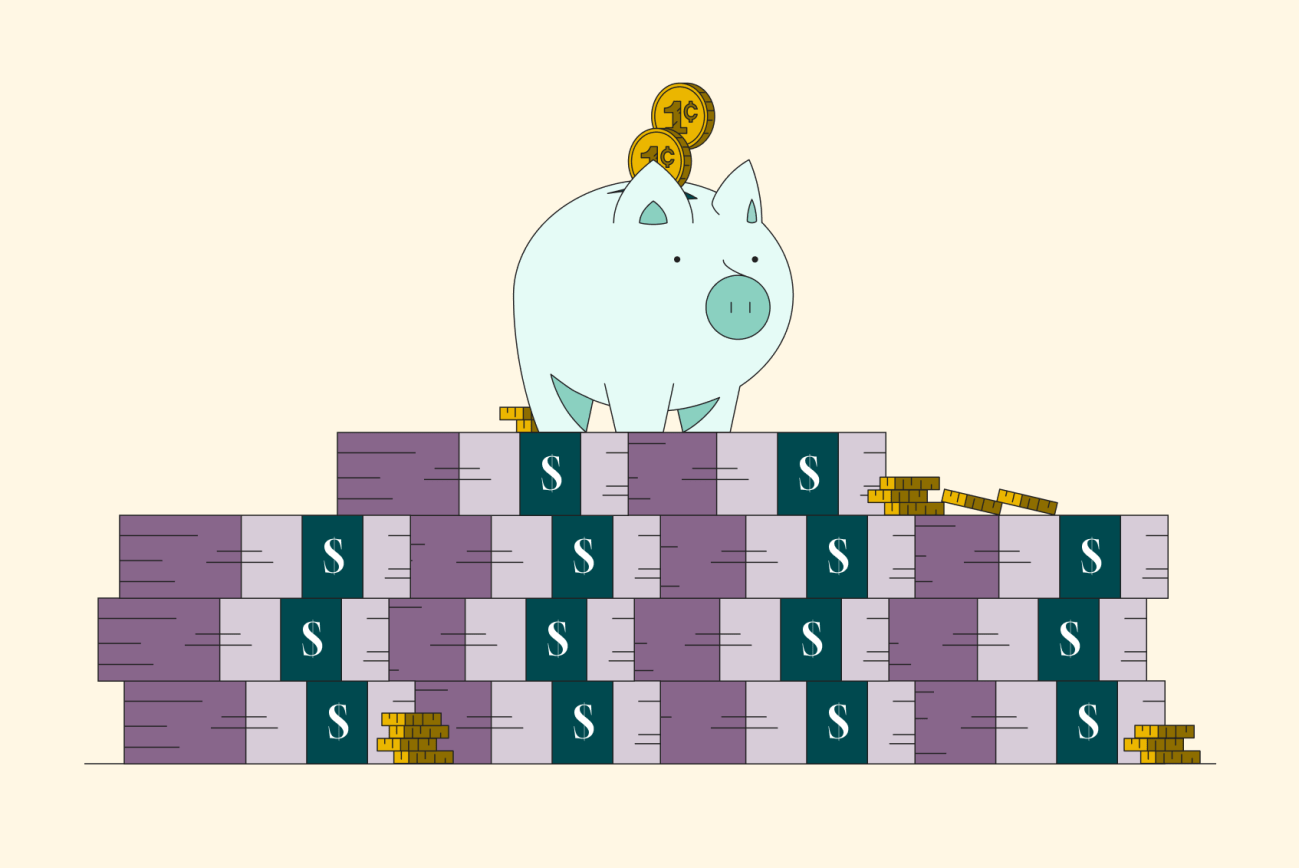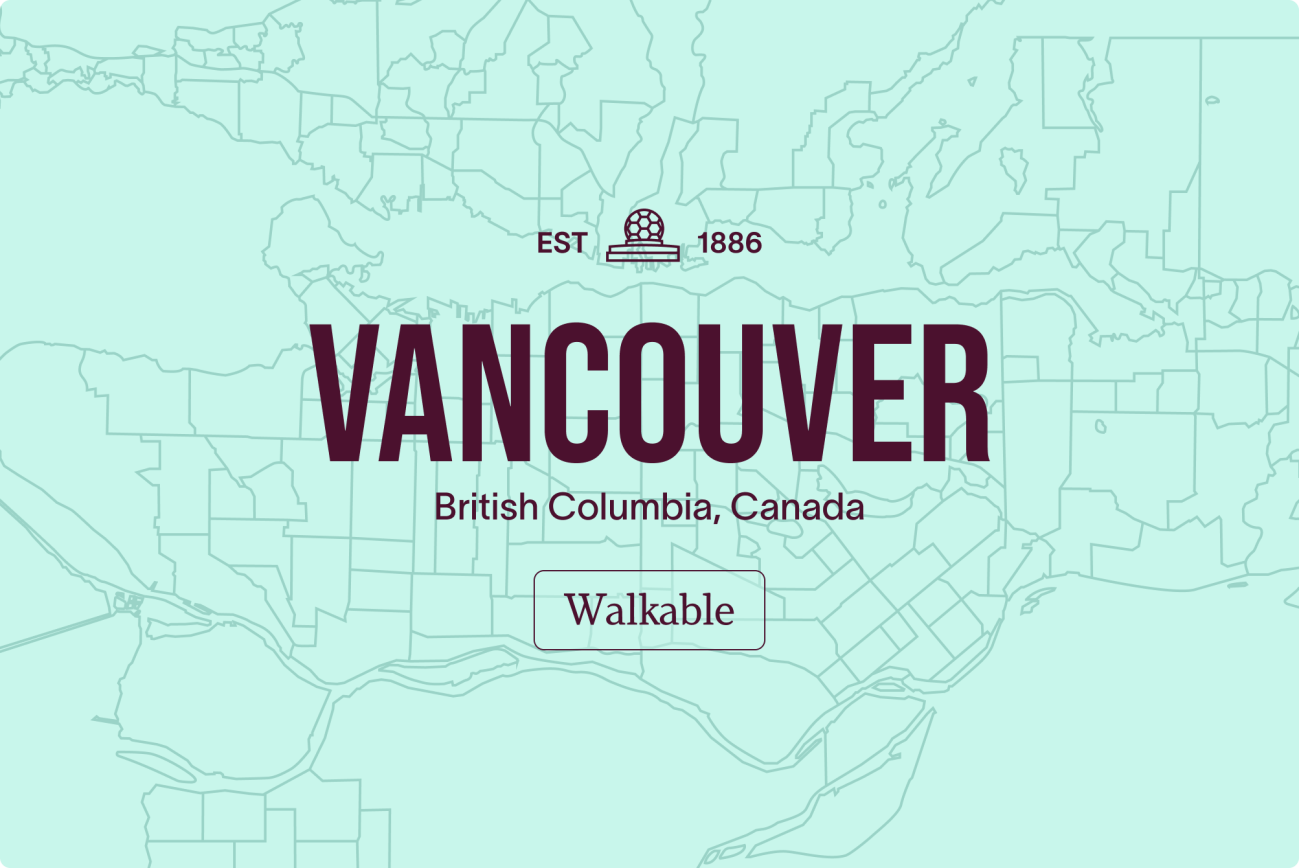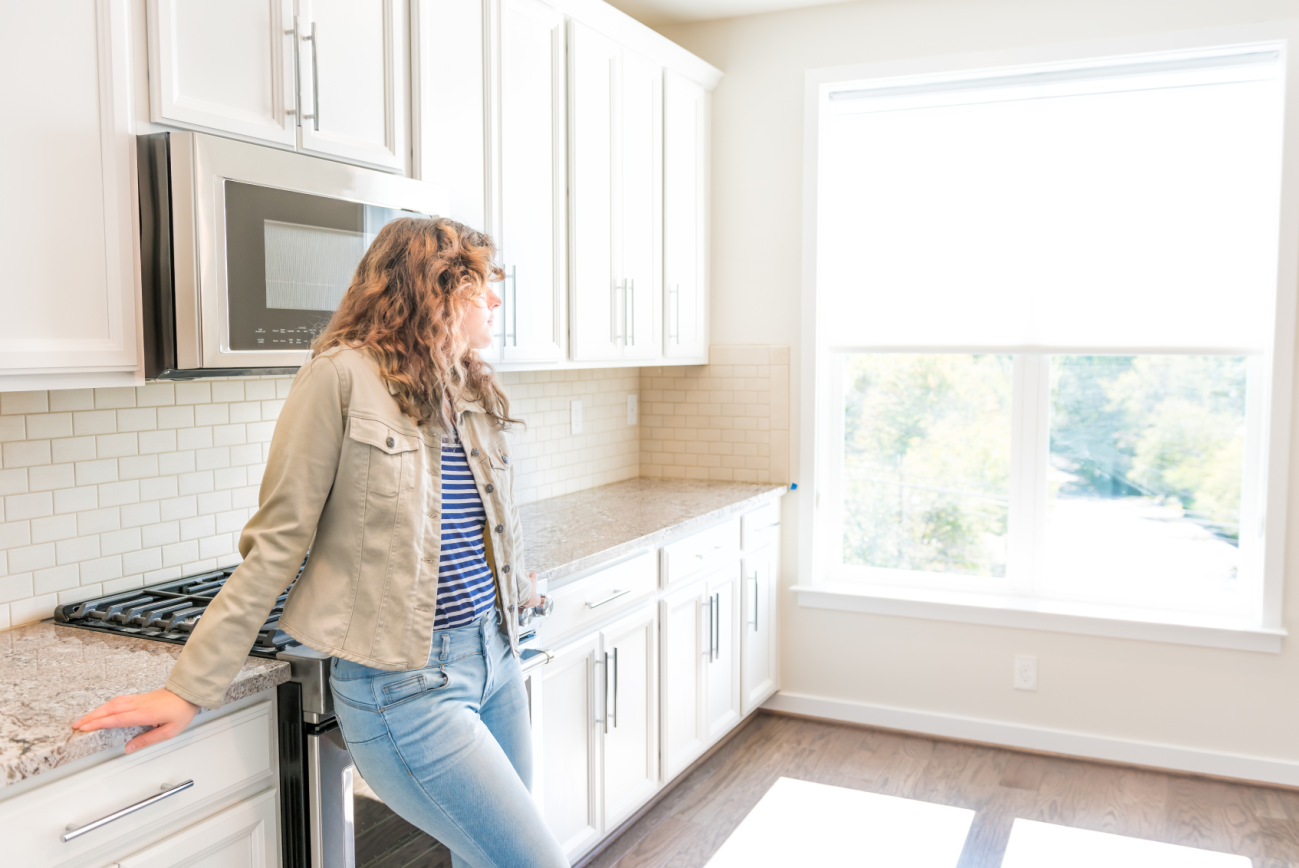This article was originally published on RBC My Money Matters and has been republished here with permission.
If you’re one of the more than 300,000 people who opened a First Home Savings Account (FHSA) over the last year, cut yourself a slice of cake to celebrate its first birthday. The FHSA, which launched on April 1, 2023, has quickly become a popular way to invest towards a home, particularly among young people. At a time when housing affordability in Canada is a top concern, it lets aspiring homeowners invest up to $8,000 a year to a maximum of $40,000 toward a down payment .
The account combines some of the best features of the Registered Retirement Savings Plan (RRSP) and the Tax-Free Savings Account (TFSA). First, like an RRSP, you can deduct your contributions from your income, which could be used to lower your income tax. Plus, like a TFSA, any qualifying withdrawal from the account is tax-free – you won’t owe the Canada Revenue Agency a cent when you withdraw the money to purchase a qualifying home. Additionally, up to $8,000 of unused contribution room in the FHSA carries over to the next year.
Whether you’ve already opened an FHSA or are just starting to think about it, here are three ideas to help you get more out of the account.
“PAC” away your savings
It’s helpful to have a strategy to start saving toward that $8,000 annual contribution limit. Assuming you don’t have a lump sum to invest, you’d need to set aside just over $650 a month to maximize your contribution room each year.
Building the self-discipline to set aside that much on an ongoing basis can be tough, but it’s a lot easier if you set up a pre-authorized contribution plan (PAC). With a PAC, the money flows directly into your FHSA from your bank account. Scheduling withdrawals to coincide with when you get paid means you’re less likely to miss the cash.
You can set up your PAC to suit your budget. As a starting point, consider smaller pre-authorized contributions to make sure you still have enough to cover any daily expenses. Once you’ve built up a habit of contributing, you’ll be ready to aim higher, investing a larger amount outside your FHSA and putting your home ownership goal within sight.
Reinvest your refund
Since FHSA contributions can lower your income tax bill, you could find yourself with a tax refund this spring. While you may want to spend it on a celebratory reward, consider putting the refund back into your FHSA instead to get a jump on your contributions for next year.
Better yet, if you’ve already maxed out your FHSA contribution room, you could use that tax refund to grow your savings in other ways, like by putting the money in your TFSA or your RRSP. It’s worth remembering an extra tool at your disposal: you can withdraw up to $35,000 tax-free from your RRSP through the Home Buyers’ Plan, provided you return the money to your account over a 15-year period.
If you don’t expect your FHSA contributions to generate a significant tax return, for example due to a lower-income year, you could also decide to delayclaiming the contributions. You can delay your claim indefinitely, allowing you to save up your tax receipts until you’re earning a higher income. That way, they can help you get a bigger refund.
Consider your timeline
As helpful as the FHSA’s tax perks can be, it’s what you do with your money once it’s in your account that matters most.
Start by finding investments you’re comfortable with and remember your time horizon. With an FHSA, you have up to 15 years to grow your money and use it toward a home – or you may use it even sooner, depending on when you decide you’re ready to make that purchase. Why is that important? Because it means you have less time for your investments to recover if you suffer a loss in the account.
Allowing your money to sit as cash in an FHSA may not be ideal either, since inflation – the annual increase in the cost of goods and services, which could include the price of housing – will erode your buying power.
Remember, when you are investing for a home, every year counts. Don’t let another one of the FHSA’s birthdays pass without exploring whether the account is right for you and your dreams of home ownership.




